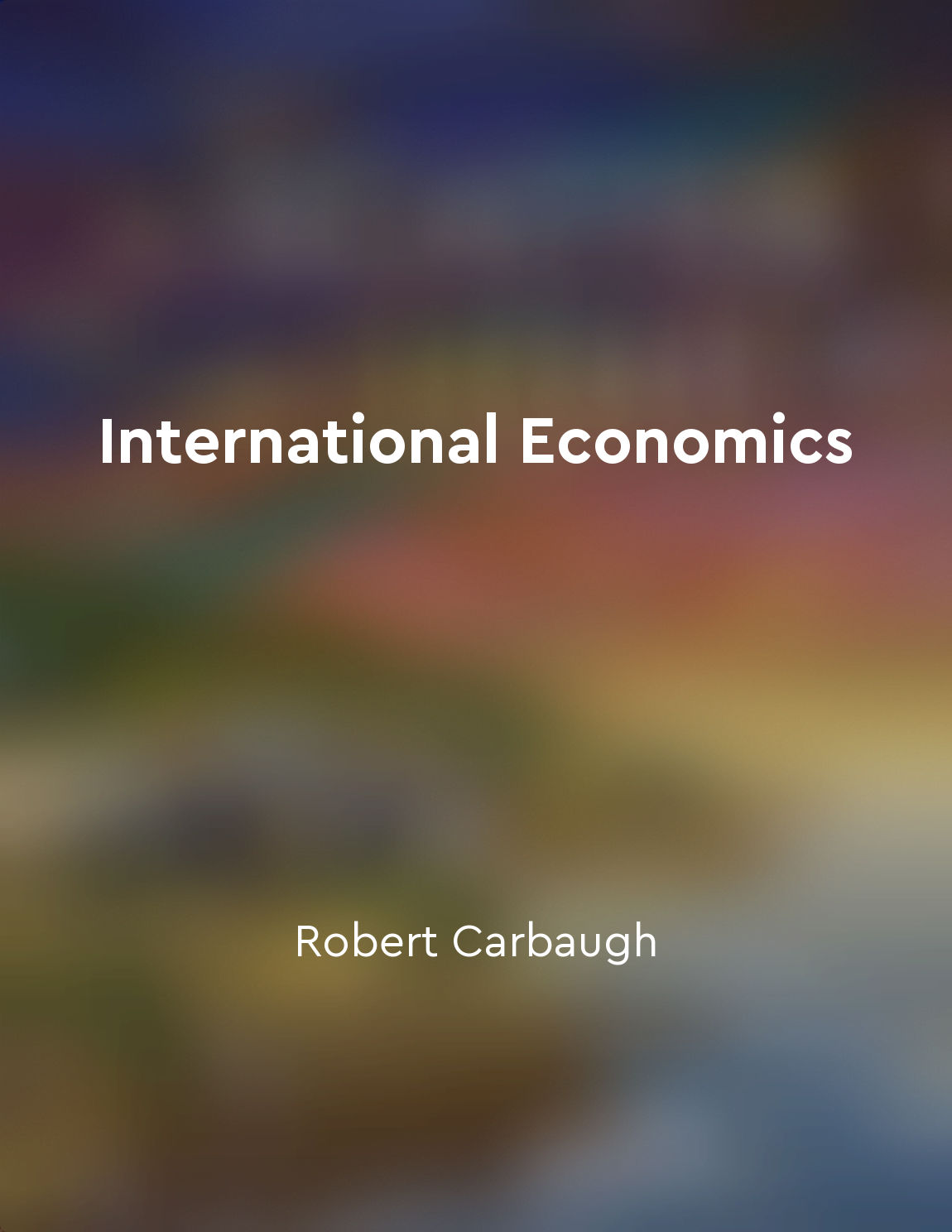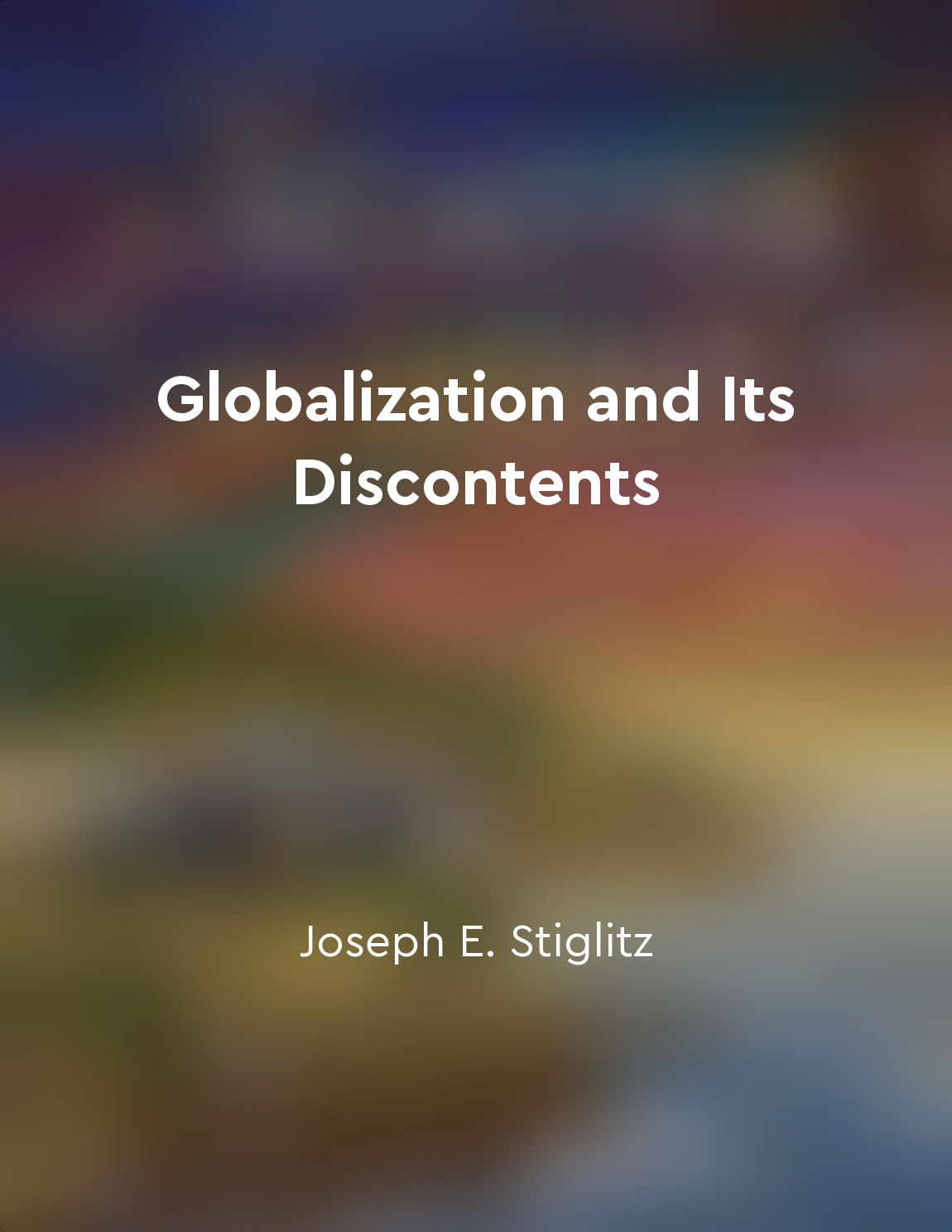Multilateralism from "summary" of International Relations: The Key Concepts by Martin Griffiths,Terry O'Callaghan
Multilateralism refers to the practice of coordinating relations among three or more states, often in pursuit of a common goal or interest. Unlike bilateralism, which involves interactions between two states, multilateralism offers a more inclusive approach to international cooperation. This concept is characterized by the involvement of multiple actors in decision-making processes, reflecting a more diverse range of perspectives and interests. One of the key features of multilateralism is its emphasis on collective action and shared responsibilities. By working together through multilateral institutions such as the United Nations or the World Trade Organization, states can address complex global challenges that transcend national borders. This collaborative approach allows for the pooling of resources and expertise, leading to more effective and sustainable solutions to common problems. Multilateralism also promotes the principles of equality and inclusivity in international relations. By giving all participating states an equal voice in decision-making processes, multilateralism helps to ensure that the interests of smaller or less powerful states are taken into account. This can help to mitigate the influence of larger or more dominant states, promoting a more balanced and equitable global order. Furthermore, multilateralism serves as a mechanism for promoting stability and peace in the international system. By fostering dialogue and cooperation among states, multilateral institutions can help to prevent conflicts and resolve disputes through peaceful means. This can contribute to the maintenance of international security and the promotion of mutual trust and understanding among states.- Multilateralism plays a vital role in shaping the dynamics of contemporary international relations. By emphasizing cooperation, inclusivity, and collective action, this concept offers a framework for addressing global challenges and promoting a more cooperative and harmonious world order.
Similar Posts
Economic growth relies on energy consumption
Energy consumption is the lifeblood of economic growth. Without sufficient energy, economies cannot expand, businesses cannot o...
Friendship should not be mistaken for dominance
Friendship should not be mistaken for dominance. It is a subtle distinction but an important one. True friendship is built on m...

Free trade agreements promote open markets
Free trade agreements are designed to reduce barriers to trade between countries, such as tariffs and quotas, in order to promo...
The spread of literacy has contributed to the decline of violence
The idea that the spread of literacy has helped to reduce violence may seem counterintuitive at first. After all, literacy is s...
Embrace innovation and creativity
To navigate the ever-changing world order, it is crucial to embrace innovation and creativity. This involves continuously seeki...

Sustainable development should be a priority in global decisionmaking
Sustainable development, with its focus on meeting the needs of the present without compromising the ability of future generati...

